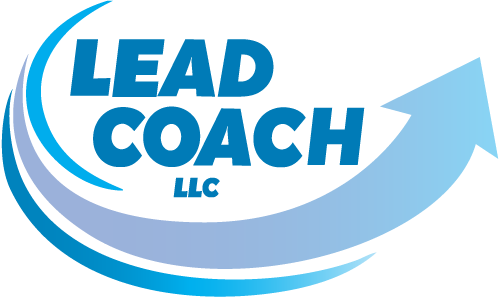Interviewing Essentials
A great deal has been written in books, articles, and “guides” about how to be successful in a job interview, much of it very comprehensive, worthwhile, and helpful. However, because there has been so much attention paid to this critical part of the career management process, fundamentals can be obscured in the torrent of words and ideas offered up by the experts and commentators. We thought it would be a good idea to once again crystallize the essentials for candidates.
There are three areas that are critical for strong interview performance:
Preparation
Candidates for positions, especially senior roles, need to prepare thoroughly for interviews, both those with recruiters and with the hiring company. For a public company, good preparation includes reading select portions of SEC filings, proxy statements, annual reports, analyst summaries of the company and the industry, press releases, and published plans as well as listening to quarterly conference calls for at least the last two years. All of this should help the candidate really understand what’s going on inside a company, what its priorities are, what problems and challenges its facing – with the purpose of enabling the candidate to identify which of his or her experiences, skills, and talents can be brought forward for best advantage during the interview that addresses the company’s needs.
While it’s impossible to obtain the quality and quantity of information available for public companies on private companies, the candidate can and should obtain as much private company information as possible.
In addition, the best prepared clients also use this preparation to formulate key questions they need to ask to understand the company, the leadership, the position, the culture, the expectations, and, where appropriate, overall governance practice. The same questions should be asked of multiple interviewers to check for consistency of answers and depth of understanding. Importantly, executive candidates will likely be evaluated as much as the questions they ask and well as the questions they answer.
The Interview
The “cosmetics” of the interview can often be as important in a final selection among candidates as the content of the interview. Cosmetics include dressing appropriately, which can be determined by a simple phone call to the search professional or the company, being well groomed, making eye contact, periodically and appropriately smiling, showing a strong energy level, and engaging in small talk if the opportunity presents itself.
Relative to “content”, a candidate needs to be able to answer experiential questions by using a narrative technique (think of “stories”) where there is a beginning (for example, what was the “problem”), a middle (what the candidate did individually or as part of a group or team to solve the problem), and the result (quantitative if possible, qualitative if appropriate, or both combined. For example “Not only did we strengthen our product portfolio, but the subsequent two line extension launches were critical in growing our market share by 20% over a two year period.”). The candidate should have a collection of narratives that are matched to the position requirements as well as the needs of the company. This level of preparation is critical as is the succinct delivery of these responses. No response should be more than 60 seconds and if the candidate senses that an answer may not be complete, he or she should ask the interviewer if more depth would be welcomed.
The candidate should be prepared to answer two key questions, which are really a variation of each other, and often come up at some point in the interview process. “What is your value proposition”? or “Why should we hire you”? And to be clear, a candidate’s personal value proposition is a single statement or, in some instances, a series of statements of the substantial benefits, tangible and intangible, a company will enjoy by hiring you and the unique contributions you will bring to an employer that others won’t.
In closing the interview, the candidate should ask the interviewer if any area or question was left uncovered, unexplained, or unclear and whether there is anything else that needs to be explored for the company to make a positive hiring decision. The candidate should affirmatively express a strong interest in the position with all interviewers. And finally, the candidate should also ask what the next steps are in the process and what the timing is expected to be for those steps.
Follow-Up
A day or two after the interview, the candidate should really take the opportunity to write a thank-you letter (or email) to people he or she interviewed, especially the hiring executive. In the letter the candidate should thank the interviewers for the opportunity to meet them, express high interest in the role and detail 2-3 reasons why there is a strong match between the position and his or her candidacy. Writing the letter also provides an excellent opportunity for the candidate to respond a second time to a tough question, but with a better or more expansive answer, or to add more perspective and information that strengthens the case for the candidate.
At Lead Coach LLC we recognize the interview process can be challenging and complex, and more elaborate than we’ve summarized here. But we also know that by adhering to these three essentials candidates can up their game and substantially improve their chances of success during the interview.
